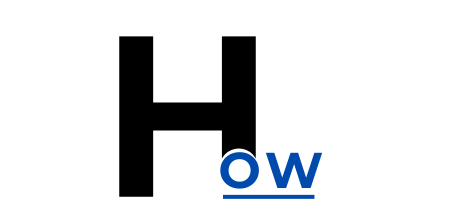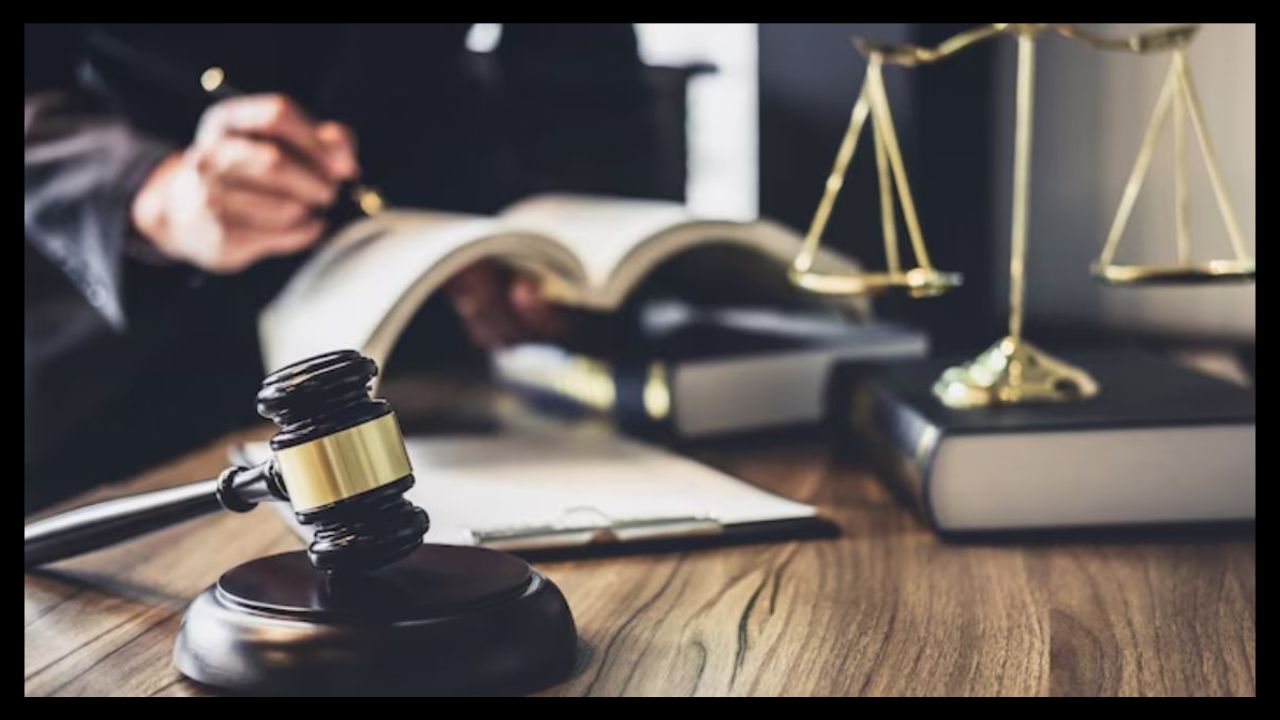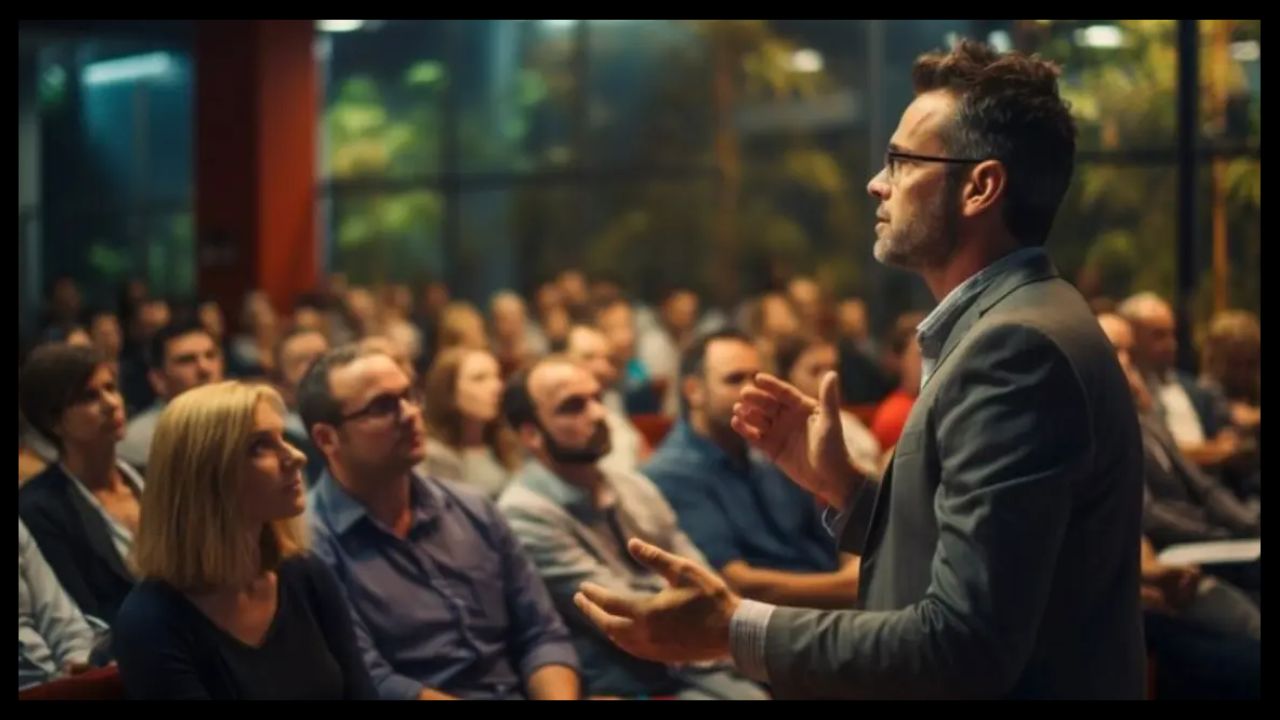The C.W. Park USC lawsuit has become a significant topic in legal discussions, drawing attention from law students, legal professionals, and the University of Southern California (USC) community. This lawsuit sheds light on crucial issues involving university policies, student rights, and administrative accountability, making it a landmark case within the educational sector.
This article provides an in-depth analysis of the C.W. Park USC lawsuit, including its details, legal arguments, rulings, broader implications, and reactions from the USC community and legal experts. Whether you’re a law student, a legal practitioner, or part of USC’s academic environment, this guide will help you understand not only the facts but also the long-term consequences of this pivotal legal case.
Introduction to the C.W. Park USC Lawsuit
The C.W. Park USC lawsuit revolves around critical allegations concerning the treatment and rights of students within the university. The case involves C.W. Park, a student who brought forth serious claims against USC, alleging violations of their legal and educational rights due to specific university policies and actions.
The lawsuit has drawn widespread attention, as it addresses complex legal and ethical questions about the responsibilities of higher education institutions. It also opens the floor for discussions on how universities should align their policies with the rights of students and maintain transparency in addressing claims brought against them.
Understanding the key aspects of this case is not only important for legal professionals but also for the broader academic community that might be directly or indirectly impacted.
Overview of the Parties Involved
Understanding the lawsuit requires a closer look at the primary parties:
C.W. Park – The Plaintiff
C.W. Park is the student who initiated the legal proceedings against the University of Southern California. The allegations involve procedural mishandling, potentially discriminatory policies, and breaches of rights that are protected under federal and state laws.
The University of Southern California (USC) – The Defendant
USC, a prestigious institution known for its rigorous academic programs, has been the focal point of this lawsuit. The university’s policies and administrative decisions concerning the plaintiff’s claims are integral to understanding the case’s legal dimensions.
Legal Representatives and Court
Both parties are represented by experienced legal counsel, with arguments and cases being presented in California courts. The final outcome will be determined by legal analysis, hearings, and interpretations by the judiciary.
Detailed Analysis of the Legal Arguments and Court Rulings
The Plaintiff’s Claims
C.W. Park’s claims include:
- Violation of due process during internal university proceedings.
- Alleged infringement of student rights as per state and federal laws.
- Lack of transparency and alleged bias in the university’s response mechanisms.
Legal Arguments by the Defense
USC countered these claims, emphasizing:
- The university adhered to its policies and procedures, which meet required legal standards.
- The need to maintain institutional autonomy in handling internal matters.
Court Rulings and Developments
While the case is ongoing, preliminary hearings have highlighted a need for universities to reevaluate their internal policies to ensure they do not infringe on student rights. The court’s rulings so far have pushed for detailed examinations of the evidence and procedures followed during the events in question.
Broader Implications for University Policies and Student Rights
The C.W. Park USC lawsuit extends beyond a singular complaint—it has significant implications for higher education institutions nationwide. Some key areas of concern include:
- Policy Revision: Universities may need to reassess their student conduct codes and disciplinary procedures to ensure fairness.
- Transparency: Educational institutions are likely to face heightened scrutiny regarding how they handle disputes internally.
- Student Advocacy: This case underscores the importance of students understanding and defending their rights within university frameworks.
For universities, the lawsuit is a wake-up call to align institutional operations with evolving legal standards and societal expectations.
Insight into the Reaction of the USC Community and Legal Professionals
The USC community has seen a mixed response. Some students and faculty have expressed concerns about the university’s handling of student matters, demanding greater accountability. Legal professionals have highlighted this case as emblematic of broader trends in educational litigation, where student rights are becoming a central focus.
For law students, the case has become a valuable study in administrative law, procedural fairness, and educational policy. Legal professionals cite it as a key example of the complexities involved when legal and educational domains intersect.
Expert Opinions on the Legal and Ethical Aspects of the Case
Legal experts weigh in on the case, offering perspectives on both sides:
- For the Plaintiff: Many argue that this case highlights systemic issues within educational institutions where students may feel their voices are unheard.
- For the Defense: Some defend USC’s stance, emphasizing the complexity of balancing institutional autonomy with ensuring individual rights.
Ethically, the case has ignited debates about how educational institutions can foster environments that respect student rights without undermining operational autonomy.
The Future Impact and What It Means for Law Students, Legal Professionals, and USC
The C.W. Park USC lawsuit is more than just a legal battle—it’s a learning opportunity for those in the legal field and academia alike. Law students can gain insights into the intricacies of education law, while legal professionals can analyze the broader implications for policy reform.
For USC and other universities, the case serves as a reminder to evaluate and adapt their governance structures to prevent future legal challenges. Ultimately, the outcome will likely shape the national discourse on student rights and university accountability for years to come.
References and Further Reading
- Case documentation and court filings related to the C.W. Park USC lawsuit.
- Federal and state laws governing student rights and educational accountability.
- Articles on similar legal precedents involving higher education institutions.
- Legal interpretations provided by academic and professional journals.
You May Also Like: Navigating Craigslist Orlando for Housing, Jobs, and Services
Conclusion
The C.W. Park lawsuit against the University of Southern California highlights pressing issues at the intersection of education and law. As institutions of higher learning navigate their responsibilities to provide fair and transparent processes for handling student grievances, this case serves as a pivotal example of needed reforms. Both universities and students are encouraged to foster a mutual understanding of rights and obligations to ensure equitable treatment for all parties involved. Going forward, it is imperative for educational institutions to align their policies with legal best practices to safeguard student rights while maintaining institutional integrity and autonomy. The outcome of this case may well establish new benchmarks for how grievances are managed within the academic arena, impacting university policies nationwide.
FAQs
What is the C.W. Park USC lawsuit about?
The lawsuit involves allegations against USC by C.W. Park, concerning violations of student rights and procedural fairness within university policies.
Why is this lawsuit significant?
It addresses broader issues of student rights, procedural fairness in universities, and the balance between institutional autonomy and accountability.
What impact could the lawsuit have on universities?
It may lead to significant policy revisions, greater transparency, and potential legal reforms in higher education institutions nationwide.
How does this case affect law students?
Law students can study this case to understand education law, procedural justice, and the intersection of legal and administrative frameworks.
How has the USC community reacted to the lawsuit?
The reactions have been mixed, with calls for greater transparency and accountability from some students and faculty.











